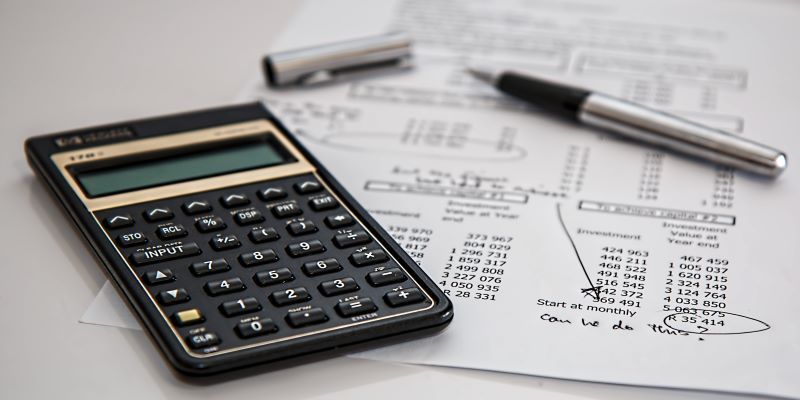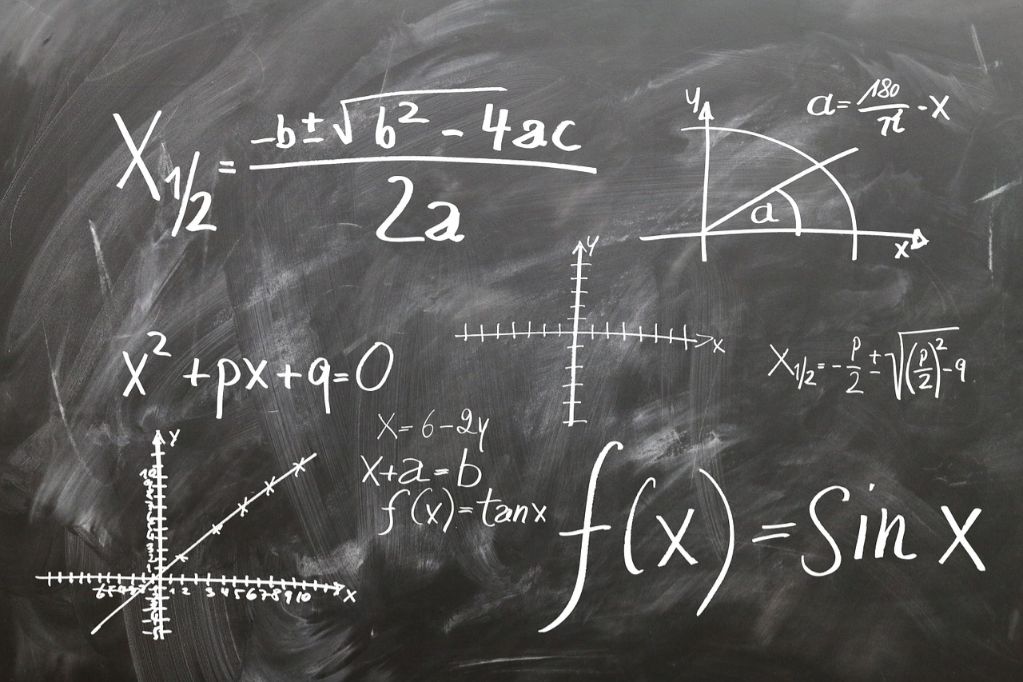Last Updated on March 5, 2024
Are you thinking of going back to school to get a college degree? Or perhaps you’re thinking of getting advanced degrees, and you’ve been out of the loop for too long. Either way, you’ll probably need to fine-tune the problem-solving quadrant of your brain so that you can absorb the academic material and make some headway.
One of the most critical disciplines at college is math. It’s not easy getting back into the swing of things, but there are several powerful tools and resources you can use. Today we’re going to talk about how to improve math skills for adults. You may be a bit rusty with all the number-crunching, but that’s perfectly okay.
We can make this work because our brains are incredible. Let’s take a look at some of the many resources available to you.
Understand Your Learning Style
The first step to success is understanding how you learn best. This is important for any subject, but especially math. Are you a visual learner? Do you need to see things written down or drawn out in order to understand them? Or are you more of an auditory learner? Do you need to hear someone explain something in order for it to make sense?
Perhaps you’re a kinesthetic learner, and you need to get your hands dirty in order to really grasp the concepts. Once you know your learning style, finding resources that cater to it will be much easier. And the good news is that there are plenty of resources out there, no matter what your learning style might be.
Start with the Basics – Use an Algebra Calculator

If you’re feeling rusty, starting with the basics is okay. You don’t have to jump into calculus if all you remember is how to do basic operations like addition, subtraction, multiplication, and division. Instead, take some time to review these concepts before moving on. There are plenty of resources available online and in libraries to help refresh your memory on these topics. Once you feel confident with the basics, you can move on to more advanced material.
If you’re struggling, try using math tools and resources. A great example is an Algebra calculator. An algebra calculator is a tool that can be used to solve mathematical problems. There are many algebra calculators, but most of them allow you to input equations and output the solutions. Some algebra calculators also will enable you to graph equations, which can help visualize the problem. Again, there are many different ways to use an algebra calculator.
One way is to input the equation you want to solve and then hit the “solve” button. The calculator will then output the solution for you.
Some tips for using an algebra calculator:
- Make sure you understand how to input equations into the calculator before trying to solve anything. Most calculators have a syntax that must be followed for the equation to be read correctly.
- If you’re having trouble solving an equation, try graphing it first. This can sometimes give you a better understanding of what’s going on and make it easier to see what steps need to be taken next.
- Don’t be afraid to experiment with different buttons on the calculator. Many times, there are multiple ways to solve a problem, so it’s worth taking some time to explore all of your options before settling on one particular method
Use Mnemonic Devices

Mnemonic devices can be beneficial when improving math skills for adults because they help us better remember information by connecting new material and things we already know. For example, let’s say you’re having trouble remembering what seventeen times eight equals (hint: it’s 136). 17 by 8 is like 13 by 6, a.k.a, 136.
Another example would be if you wanted to remember how many days are in each month (hint: there are 30 days in April, June, September, and November; 31 days in January, March, May, July, August, October, and December). A mnemonic device for this would be “30 days hath September / April / June /November.” Again, this may seem silly at first glance, but mnemonic devices can help when trying to improve math skills as an adult!
Try coming up with one for every concept or operation that gives you trouble, and see how much easier math becomes!
Get a Math Tutor
Find somebody who knows more about mathematics than yourself. This could either mean hiring a professional tutor or finding a friend or family member who doesn’t mind helping you brush up on your skills. Having somebody there who can guide me through complex problems and answer any questions along the way will make the learning process go smoother
Join an Online Course

If getting personal help isn’t possible, another solution could be joining an online course offered by local colleges or universities. Many different websites also offer free courses that could gradually introduce you back into the world of mathematics. Math may not have been easy when we were younger, but that doesn’t mean it’s impossible now. It just takes a little extra effort to relearn old material and pick some new tricks along the way. With effort and time, math skills will gradually start to improve.

